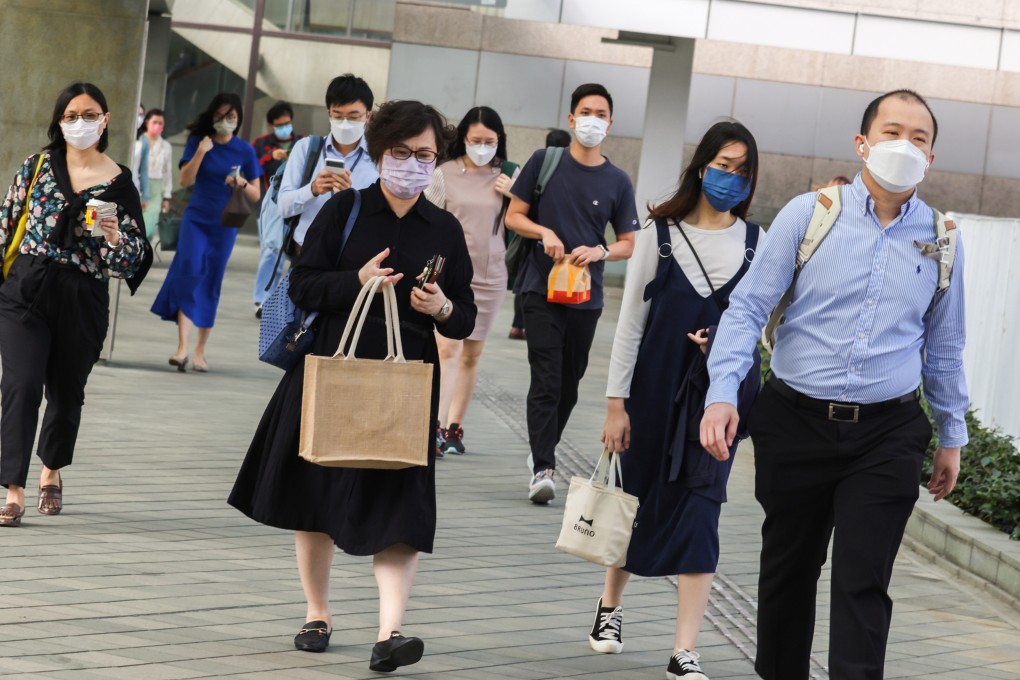Letters | Performance-based pay rises for Hong Kong civil servants will help end unfairness
- Readers discuss possible reforms to how pay rises for civil servants are calculated and why the introduction of electric buses is not an unalloyed good

To start with, the date-back review of pay adjustment hinders the welfare of civil servants. The present pay rise mechanism collects salary data from the previous year. The government does not trace back to and adjust last year’s salary and pay back the difference. Rather, it fixes the next year’s salary instead.
Unfortunately, the date-back policy is easily influenced by the immediate economic context and political pressure. Because of the fifth wave of the pandemic in early 2022, the pay rise of civil servants was limited to 2.5 per cent instead of the band of 2 to 7 per cent that had been discussed. Public officers again miss out on being able to enjoy Hong Kong’s prosperity because of the date-back policy.
To mitigate the impact of this pre-existing problem, pay adjustment in the long run should be based on job performance rather than purely on previous year’s economic growth and inflation.
Take for example MTR’s practice of pay adjustment being determined by staff performance based on a five-tier grading system. Outstanding employees get the highest pay rise. Our government is the biggest shareholder of MTR, and it would be beneficial if the administration could apply MTR’s mechanism to its own practices.